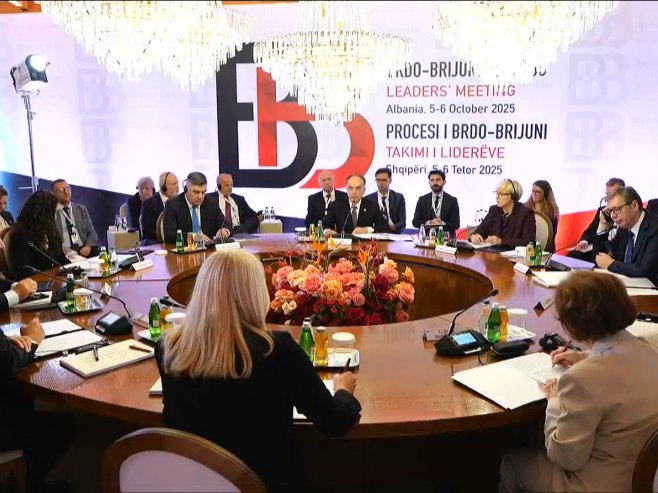Geopolitical positioning and strategic ambitions, the role of BRICS in the processes of decolonization and dedollarization, and the influence of its member states in the international legal order were the main topics of a round table titled “BRICS: Challenges and Perspectives” held at the Faculty of Political Sciences in Banja Luka.
Brazil, Russia, India, China, and South Africa—collectively BRICS—now joined by five new members this year, represent nearly half of the world’s population.
Many challenges lie ahead, but the possibilities are even greater.
“They share the same foreign policy goals: resisting Western dominance, promoting solidarity, fighting for sovereignty and its preservation, and supporting the UN as the leading force for global peace and security,” said Nina Sajić, assistant professor at the Faculty of Political Sciences.
Unlike the collective West, BRICS members advocate for respect for international law and consistent standards applied to all.
“BRICS, as such, is a very interesting and significant institutional platform, which is already quite strong and has a direct impact on the developments within the framework of the international legal order,” explained Matej Savić, professor of international law at the Faculty of Political Sciences.
One panel topic that particularly interested journalism students was media coverage of BRICS. They pointed out the evident polarization between Western and Eastern media. Much attention was also devoted to the economic aspects of BRICS.
“Western media generally focus on symbolic gatherings in Kazan and emphasize alleged divisions within BRICS that aren’t as significant in reality. They highlight differences between the countries without stressing that these differences are actually BRICS’s main advantage and foundation for the multipolarity it promotes,” said Marko Simić, a journalism student at the Faculty of Political Sciences at the University of Banja Luka.
“BRICS, as an international forum, is being utilized in today’s anti-imperialist struggle against the United States and in establishing a multipolar order based on reforming various institutions like the IMF, creating alternatives, and building a multipolar financial system,” added Filip Cigić, a student of international relations at the same faculty.
The economic potential of BRICS is evident in the fact that its member states have long surpassed the G7 nations in gross domestic product.
Source: RTRS









